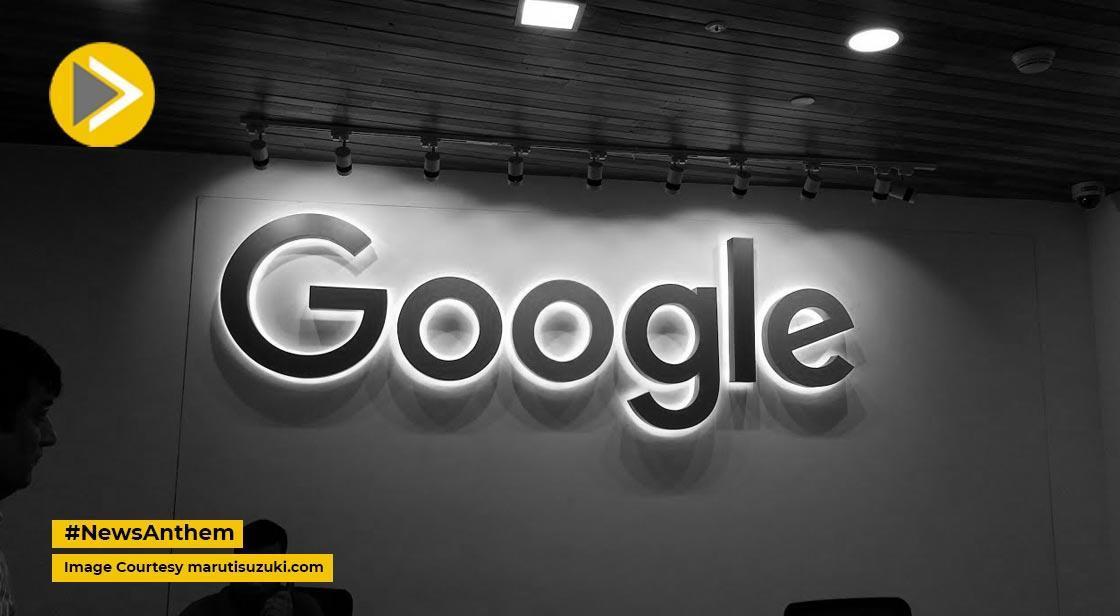Google’s Monopoly Troubles Deepen as Court Refuses Relief in Ad-Tech Lawsuit

News Synopsis
Tech giant Google is under mounting legal pressure as a U.S. District Court has refused to dismiss antitrust charges in a critical monopoly case targeting its dominance in the digital advertising industry.
The lawsuit, supported by numerous U.S. states and the federal government, accuses Google of monopolising the ad-tech space by exerting excessive control over three key areas: publisher ad servers, advertiser tools, and ad exchanges.
Judge Upholds Serious Antitrust Allegations
In a major legal development, District Court Judge Leonie Brinkema upheld the plaintiffs' claims, stating:
“Plaintiffs claim most websites rely on a trio of Google’s advertising software products, which effectively leaves publishers with no option but to use Google’s solutions.”
The ruling means the case will move forward, and if proven, the consequences could be dramatic. Legal experts suggest that this case might pave the way for a possible breakup of Google's ad business—a move that could significantly reduce the company’s dominance in the online advertising ecosystem.
Google Accused of Manipulating Market Power
The court emphasized that:
“Google has intentionally engaged in various anti-competitive practices to establish and maintain its monopoly power in the publisher ad server and ad exchange markets for open-web display advertising.”
These actions reportedly include unfair restrictions imposed on customers, as well as the removal of popular and beneficial product features—a strategy critics say is designed to limit competition and consolidate Google’s grip on the advertising market.
A History of Antitrust Challenges and Global Fines
While Google has the option to appeal this ruling to the U.S. Supreme Court, this is far from the first time the company has faced scrutiny over its market behavior. Over the years, Google has been fined in multiple countries, including the European Union and India, for engaging in similar anti-competitive practices.
The company has frequently been accused of leveraging its free services—such as Gmail, Google Maps, and Search—to further entrench its dominance in the advertising sector.
New Warning Issued for Gmail Users Amid Ongoing Legal Troubles
As legal battles unfold, Google is also tackling new cybersecurity concerns. The company recently issued an urgent alert to Gmail users, warning them about a sophisticated phishing scam.
The scam involves emails that appear legitimate and trustworthy, designed to trick users into revealing their login credentials. These malicious attempts pose a serious risk to personal and financial data, especially if users unknowingly share their sensitive information.
Conclusion
The denial of relief in the antitrust case marks a major setback for Google, as the tech giant continues to face growing legal and regulatory challenges worldwide.
With the court acknowledging claims that Google’s ad-tech ecosystem leaves publishers with virtually no alternatives, the possibility of a company breakup is now firmly on the table.
At the heart of this case lies a broader conversation around fair competition, consumer choice, and corporate accountability in the digital age.
As regulators intensify their focus on Big Tech, Google’s practices will remain under a microscope. Simultaneously, the company must stay vigilant about protecting its users, as highlighted by the recent Gmail phishing alert.
Whether Google can successfully navigate these dual threats—legal scrutiny and cybersecurity risks—will significantly shape its future role in the tech and advertising industries.
The case could also set a precedent for how digital monopolies are handled across the globe in the coming years.
You May Like









